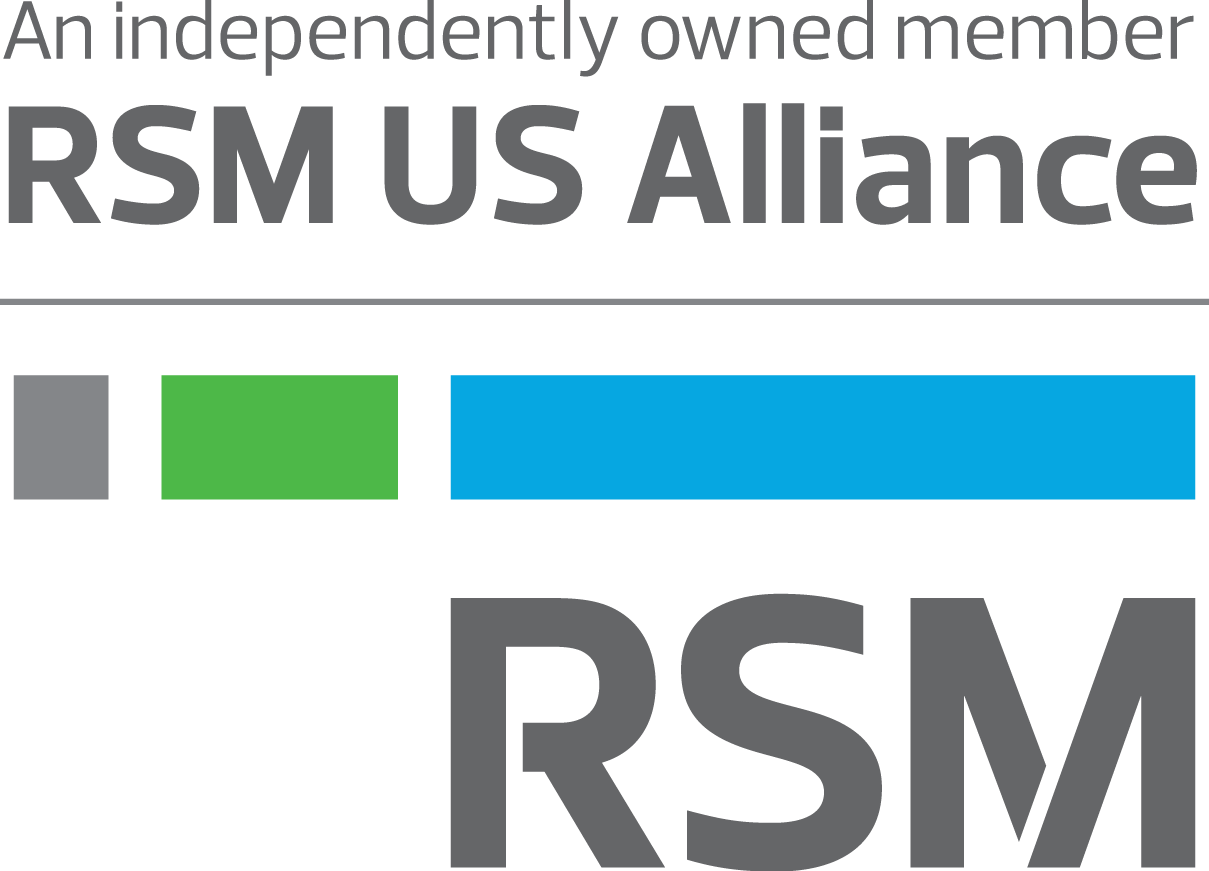Authored by RSM US LLP
Executive summary: Final payment due
Employers and self-employed individuals who chose to defer paying part of their 2020 Social Security tax obligation, must make a final payment by Jan. 3, 2023.
2020 tax deferral
The Coronavirus, Aid, Relief and Economic Security Act (CARES Act) allowed employers to defer the deposit and payment of the employer’s share of Social Security taxes, and self-employed individuals to defer payment of certain self-employment taxes. The IRS provided a repayment schedule, which required half of the deferred amounts for each quarter to be repaid by Dec. 31, 2021, and Dec. 31, 2022. Due to year-end federal holidays falling on weekends in 2021 and 2022 and the recognition of such holidays during the work week, the first repayment was due on Jan. 3, 2022. Now, the remaining deferred portion of the employer’s share of Social Security tax must be deposited by Jan. 3, 2023, to be treated as timely and to avoid cascading penalties and interest.
Advance payment
If an employer chose to pay any amount before the applicable due date, any such payment was first applied to reduce the employer’s liability for the amounts due on Jan. 3, 2022, and then to the amount due on Jan. 3, 2023.
Reminder notice(s)
The IRS has issued reminders in the form of CP256V Notices to employers before each applicable due date. The agency noted, however, that those affected are still required to make the payment on time, even if they did not receive this Notice or a bill. Because each quarterly return period is treated separately for purposes of determining the amount of tax due for the period, Form 941 filers that deferred in all applicable quarters of 2020 may receive three reminder notices stating the deferred amounts that are due on Jan. 3, 2023. If an employer has more than one entity and thus files more than one Form 941, the employer should receive an IRS notice for each separate EIN. Nonetheless, the amounts for the second, third, and fourth quarters of 2020 will have the same due date of Jan. 3, 2023.
Repayment method
The employer may pay the amount it owes electronically using the IRS preferred Electronic Federal Tax Payment System (EFTPS), by credit or debit card, or by a check or money order. If an employer that files Form 941 is using EFTPS in order to pay the deferred amount, the employer should first select ‘Deferred Social Security Tax’ and then change the date to the applicable tax period for the payment (typically, the calendar quarter in 2020 for which tax was deferred). To be sure these payments are credited properly, each payment should be made specifically for the calendar quarter to which the deferral is attributable, and the entry in EFTPS must reflect it as a payment due on an IRS notice.
For example, if an employer that files Form 941 wants to pay $1,000 of its deferred employer’s share of Social Security tax, $500 of which is attributable to the second calendar quarter of 2020 and the other $500 of which is attributable to the third calendar quarter of 2020, the employer must make two separate payments through EFTPS. Thus, the employer would first pay $500 for the second calendar quarter of 2020 using EFTPS, selecting ‘deferred social security tax’ in EFTPS, and then would also separately pay $500 for the third calendar quarter of 2020 using EFTPS, making the same selection.
Employee Retention Credit and Social Security tax deferral
The Employee Retention Credit (ERC) and Social Security Tax Deferral programs are separate and unique programs, although both were designed to assist Taxpayers during Coronavirus lockdowns. Because the programs are separate, any amount due to be repaid to the IRS under the Social Security Tax Deferral program must be repaid in full by Jan. 3, 2023. If an employer is expecting a credit or a refund check from the IRS pursuant to the ERC program, it is unlikely that the expected refund will be applied against the amount due for the employer’s share of Social Security taxes (though it has occasionally happened).
Action items
The IRS has been sending CP256V Notices to taxpayers regarding their deferred payroll taxes, reminding them of the upcoming deadline for repayment of the remainder of the deferred amount. Taxpayers should note that the amount shown as due Jan. 3, 2023, is not always 50% of the deferred amount; accordingly, it is important for employers to carefully review the notice or notices before making payments to ensure the correct amount is paid and consult with tax advisors when necessary. However, please keep in mind that the IRS amount may be correct because they have credited other payments or refunds against the Social Security tax deferral liability.
Employers should keep copies of the EFTPS confirmations or other payment documents (i.e., canceled check copies) showing the deferral amounts repaid. In addition, companies should be prepared to provide copies of these deferral payments to both the company’s tax return preparers and auditors, so all necessary parties are aware of the reduction in the overall liability and the date of payment.
This article was written by Anne Bushman, Peter Berard, Jeffrey Hoberman, Kelly Field and originally appeared on Dec 05, 2022.
2022 RSM US LLP. All rights reserved.
https://rsmus.com/insights/tax-alerts/2022/2020-employer-social-security-deferral-repayments-due-jan-3-2023.html
The information contained herein is general in nature and based on authorities that are subject to change. RSM US LLP guarantees neither the accuracy nor completeness of any information and is not responsible for any errors or omissions, or for results obtained by others as a result of reliance upon such information. RSM US LLP assumes no obligation to inform the reader of any changes in tax laws or other factors that could affect information contained herein. This publication does not, and is not intended to, provide legal, tax or accounting advice, and readers should consult their tax advisors concerning the application of tax laws to their particular situations. This analysis is not tax advice and is not intended or written to be used, and cannot be used, for purposes of avoiding tax penalties that may be imposed on any taxpayer.
RSM US Alliance provides its members with access to resources of RSM US LLP. RSM US Alliance member firms are separate and independent businesses and legal entities that are responsible for their own acts and omissions, and each are separate and independent from RSM US LLP. RSM US LLP is the U.S. member firm of RSM International, a global network of independent audit, tax, and consulting firms. Members of RSM US Alliance have access to RSM International resources through RSM US LLP but are not member firms of RSM International. Visit rsmus.com/aboutus for more information regarding RSM US LLP and RSM International. The RSM(tm) brandmark is used under license by RSM US LLP. RSM US Alliance products and services are proprietary to RSM US LLP.

Lauterbach, Borschow & Co. is a proud member of RSM US Alliance, a premier affiliation of independent accounting and consulting firms in the United States. RSM US Alliance provides our firm with access to resources of RSM US LLP, the leading provider of audit, tax and consulting services focused on the middle market. RSM US LLP is a licensed CPA firm and the U.S. member of RSM International, a global network of independent audit, tax and consulting firms with more than 43,000 people in over 120 countries.
Our membership in RSM US Alliance has elevated our capabilities in the marketplace, helping to differentiate our firm from the competition while allowing us to maintain our independence and entrepreneurial culture. We have access to a valuable peer network of like-sized firms as well as a broad range of tools, expertise, and technical resources.
For more information on how the Lauterbach, Borschow & Co. can assist you, please call us at (915) 544-6950.


